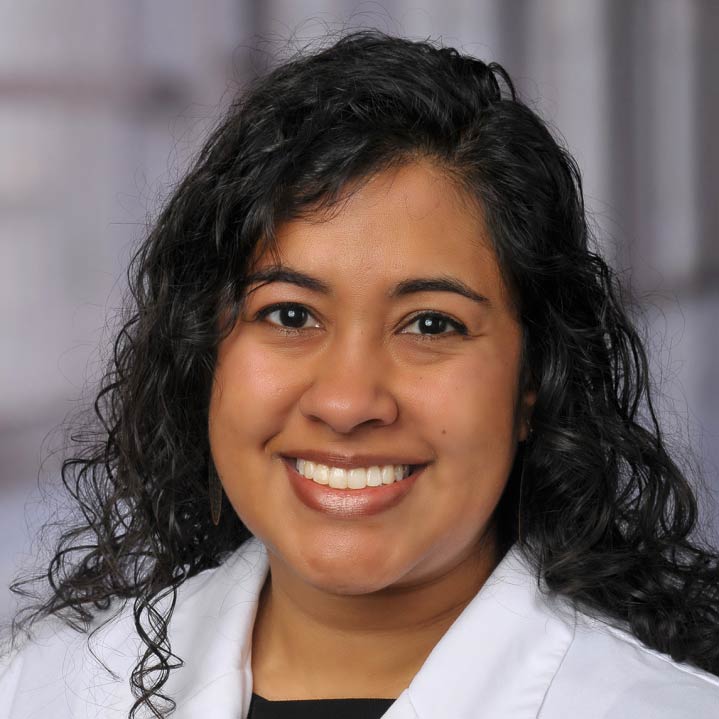
It’s a difficult conversation for many: talking with your loved ones or your doctor about your end-of-life wishes.
But it’s a conversation we all need to have to make sure our preferences and wishes are carried out.
Before I delve into how to have the conversation, let’s start with the terminology:
- Advance care planning: This type of planning involves understanding and considering decisions ahead of time that may need to be made for your future medical care. It may involve discussions with family members and medical providers, as well as the completion of legal documents.
- Health care power of attorney: A health care power of attorney is a trusted person you designate to make decisions in the event that you can’t make your own health care decisions.
- Living will: A living will is a legal document that outlines the type of care you want in very specific circumstances if you’re unable to make decisions for yourself.
- Advance directive: The living will and health care power of attorney form the basis of an advance directive.
- Do-not-resuscitate order: A do-not-resuscitate (DNR) order lets health care providers know you don’t want CPR if your heart stops beating or you stop breathing. There are two types: DNR comfort care and DNR comfort care arrest. The main difference is when they’re activated. A DNR comfort care only allows comfort care before and when your heart or breathing stops. A DNR comfort care arrest allows lifesaving measures before your heart or breathing stops.
Now that I've gone over the terminology, let’s break down when you need to start planning, how often you need to update your plans and who you should tell your plans.
Starting end-of-life planning
It may seem early, but I think everyone 18 and older should have a health care power of attorney. If you do not have a designated health care power of attorney and are in a situation where you cannot make your own medical decisions, the responsibility for making those decisions falls to your legal next-of-kin, based on Ohio law. Completing a State of Ohio Health Care Power of Attorney form is particularly important if your trusted decision maker and your legal next-of-kin are different people.
A lot of people work on advance directives when they involve children as part of their estate planning, while others look into it when they’re diagnosed with a chronic illness, such as congestive heart failure. Many people start thinking about end-of-life planning around age 65, when they approach retirement and enroll in Medicare.
Regardless of when you start, any of these milestones are good times to re-evaluate your end-of-life planning and discuss your preferences with your loved ones.
Start by having a conversation with your family about who you would like to speak for you and by making sure your doctor has any advance directives that you may have already filled out. An attorney may be able to help, as well.
However, you don’t have to have an attorney to complete advance directives. Your health care team can also guide you through how to complete advance directive forms. Medicare provides coverage for health care visits for advance care planning appointments with your health care provider.
When you have an advance care planning appointment with your physician, be prepared to share details about your health care values, goals, family dynamics, preferred decision-makers and values you wish to consider in making health care decisions.
Your provider may talk to you about your overall health and your thoughts on particular medical treatments.
Your doctor (and medical team) may walk you through a variety of scenarios to help you flesh out your plans.
End-of-life planning with MyChart
Connect your end-of-life plans with your online health portal, such as MyChart. In your MyChart account, there is a tab under My Record with a link for end-of-life planning. You can take guided questionnaires that will give your care team and loved ones directions about what to do in the event you become incapacitated and cannot make your own medical decisions or die. You can also upload documents.
Revising end-of-life plans
A good rule of thumb is to review your end-of-life plans every five years or if you have a change in your health, such as a new diagnosis or surgery.
I recommend talking with your health care provider about any changes in your plans during your yearly check-up.
Sharing end-of-life plans
Generally, health care providers are only going to go looking for advance directives if they have some circumstance that warrants it.
Once you have your plans in place, you need to share them early and often.
Make sure the person you’ve designated as your health care power of attorney knows your preferences, and talk about them frequently. You should revisit your plans if you have a family change that affects your health care power of attorney, such as divorce or death of a spouse.
End-of-life can be emotional, so make sure you trust your health care power of attorney to follow through on your wishes.
Other tips for making this process smoother:
- Talking to your entire family about your preferences can also help make sure everyone is on the same page knowing what you want.
- Take your living will and health care power of attorney to your doctor. Ask them to scan the forms into your medical record. Your doctor may also write a note recording your discussion in your medical record. That way, if you’re hospitalized, your care team will be able to see that you have an advance directive on file, so they know to consult it.
- Keep a card in your wallet stating that you have advance directives, along with contact information for your health care power of attorney. If you have a DNR, put it on a refrigerator or on a bedroom wall so that emergency medical personnel will see them.
Talking about end-of-life may seem uncomfortable, but it’s essential so that you receive care that’s in line with your values and wishes.
And your health care provider isn’t going to use end-of-life discussions to withhold care from you. On the contrary: These conversations help your health care team make sure you get the type of care you’d want by honoring your preferences.

Manage your health care anytime, anywhere
MyChart is your free, secure online portal to manage your appointments, medications and so much more.
Learn what you can do with MyChart




